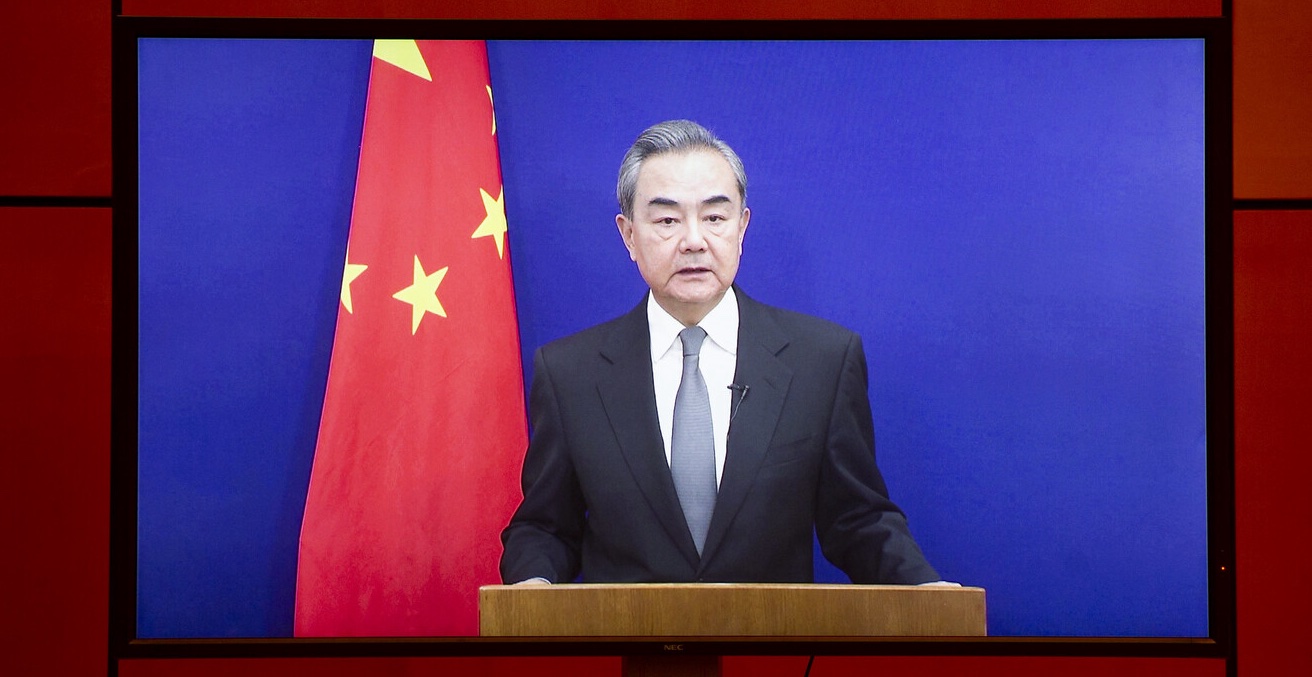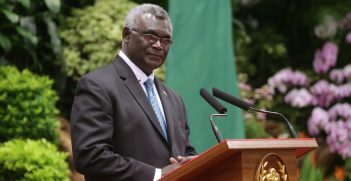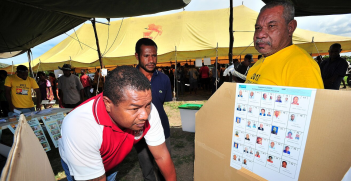Will Pacific Islands Adjust Their Policies On China?

Geostrategic competition between China and traditional powers is intensifying in the Pacific. A closer look at the proposed agreements will reveal much about China’s motives and can help explain Pacific Islands’ refusal to enter into the agreements.
Traditional powers closely followed Chinese foreign minister Wang Yi’s recent ten-day visit to the Pacific. To their relief, China failed to persuade its ten Pacific partner countries to sign the China-Pacific Island Countries Common Development Vision and China-Pacific Island Countries Five-Year Action Plan (2022-2026) during Wang’s meeting with his Pacific counterparts in Suva on May 30.
China takes prides in its diplomacy towards the Pacific since 2006. It has substantially increased its presence on all fronts, including high-level visits, trade, aid, agriculture, fishery, health, tourism, government scholarships, and sister-city relations, to name just a few. The ten Pacific Island countries that recognise the People’s Republic of China (PRC) have also supported the latter’s position on Taiwan at the UN. At the first China-Pacific Islands foreign ministers’ meeting in October 2021, both sides agreed to further cooperation between governments, legislatures, and political parties.
These achievements have boosted China’s confidence to expand the scope of engagement with Pacific Islands. It was hoping to sign the aforementioned agreements during Wang’s Pacific tour. The two documents are comprehensive in cooperation areas. In particular, China was planning to include policing and security cooperation with the region. For example, the Common Development Vision proposes that China and Pacific Islands “strengthen exchange and cooperation in the fields of traditional and non-traditional security…expand law enforcement cooperation…establish a dialogue mechanism on law enforcement capacity and police cooperation.”
This proved to be a taboo for many Pacific Islands and traditional powers. The Solomon Islands-China security pact could be an exception. The Sogavare government’s decision to cut its 36-year tie with Taiwan and recognise the PRC has been controversial in the country, as it was criticised by some for lacking thorough consultations with the general public. The riot in Honiara in November 2021 has also threatened the government’s rule. Not surprisingly, as a supporter of close ties with Beijing, Prime Minister Manasseh Sogavare is keen to strengthen security cooperation with China. According to the draft security pact, the Solomon Islands government can request security support from China to stabilise situations during future social unrests.
However, many of the other Pacific Islands, remain concerned that establishing security relations with China could bring more uncertainties to the region amid the geostrategic competition. At least, they are not prepared to proceed with China on security cooperation for now. These countries prefer to rely on the existing regional frameworks such as the Biketawa Declaration, adopted in 2000, to address regional security crises. In his letter to other Pacific leaders, President David Panuelo from the Federated States of Micronesia (FSM) preferred to focus his country’s cooperation with China on economic and technical matters only. This view likely enjoys currency among some other Pacific leaders, though they may not openly admit it.
For traditional powers, growing security cooperation between China and Pacific Islands could provide an opportunity for China to gain a security foothold in the region. This will pose a grave threat to them as their relations with China are worsening.
The timing to propose these agreements was also against China. Signed at the end of March 2022, the ink on the China-Solomon Islands security pact is still wet. This has deepened concerns among other Pacific Island countries, let alone traditional powers. Although the Chinese and Solomon Islands governments have consistently stated that China will not establish a military base in Solomon Islands, suspicions and concerns will not go away easily.
The two agreements’ regional nature also became an obstacle of itself. From China’s perspective, although the bilateral approach will still dominate China’s diplomacy in the region, China hopes to increase its influence by strengthening the regional approach. Or in the words of minister Wang Yi, this will be a “two-wheel driving” relationship. However, for Pacific Islands, the China-proposed regional agreements need to be discussed thoroughly at regional level, especially the Pacific Islands Forum, and secure the consensus of all countries involved. Obviously, China was not ready in this regard prior to the China-Pacific foreign ministers’ meeting in Suva. It is likely that China did communicate with Pacific Islands, but the extent can be questioned. Also, the leak of the two agreements and FSM president’s letter put the issue under the spotlight and increased its sensitivity. Pacific Island governments had to be even more cautious on this issue.
In addition, Pacific Islands have their own agenda. They are worried that the geostrategic competition and related issues will prevail over more urgent matters in the region, especially climate change as highlighted in the 2018 Boe Declaration. This is not surprising as climate change has become an existential threat to the region. Pacific Islands need international support in mitigation and adaptation. They also need the international community to substantially cut carbon emissions. When Henry Puna, secretary general of the Pacific Islands Forum, met with minister Wang Yi on 29 May, the first of three key issues he emphasised was “urgent and ambitious climate change action.”
Regarding Pacific Islands’ positions on China, some elites have called for a collective approach to increase Pacific unity and voice. Back in February 2019, then-Pacific Islands Forum secretary general Dame Meg Taylor urged member countries to refrain from considering their own bilateral gains only and to take a collective approach on China.
To minimise the risks from the geostrategic game while capitalising the opportunities will not be an easy task, but it is a must for Pacific Islands for the sake of their own national interests.
Dr. Denghua Zhang is a research fellow from the College of Asia & the Pacific, the Australian National University. His research focuses on Chinese foreign policy, foreign aid, and China-Pacific relations.
This article is published under a Creative Commons Licence and may be republished with attribution.





